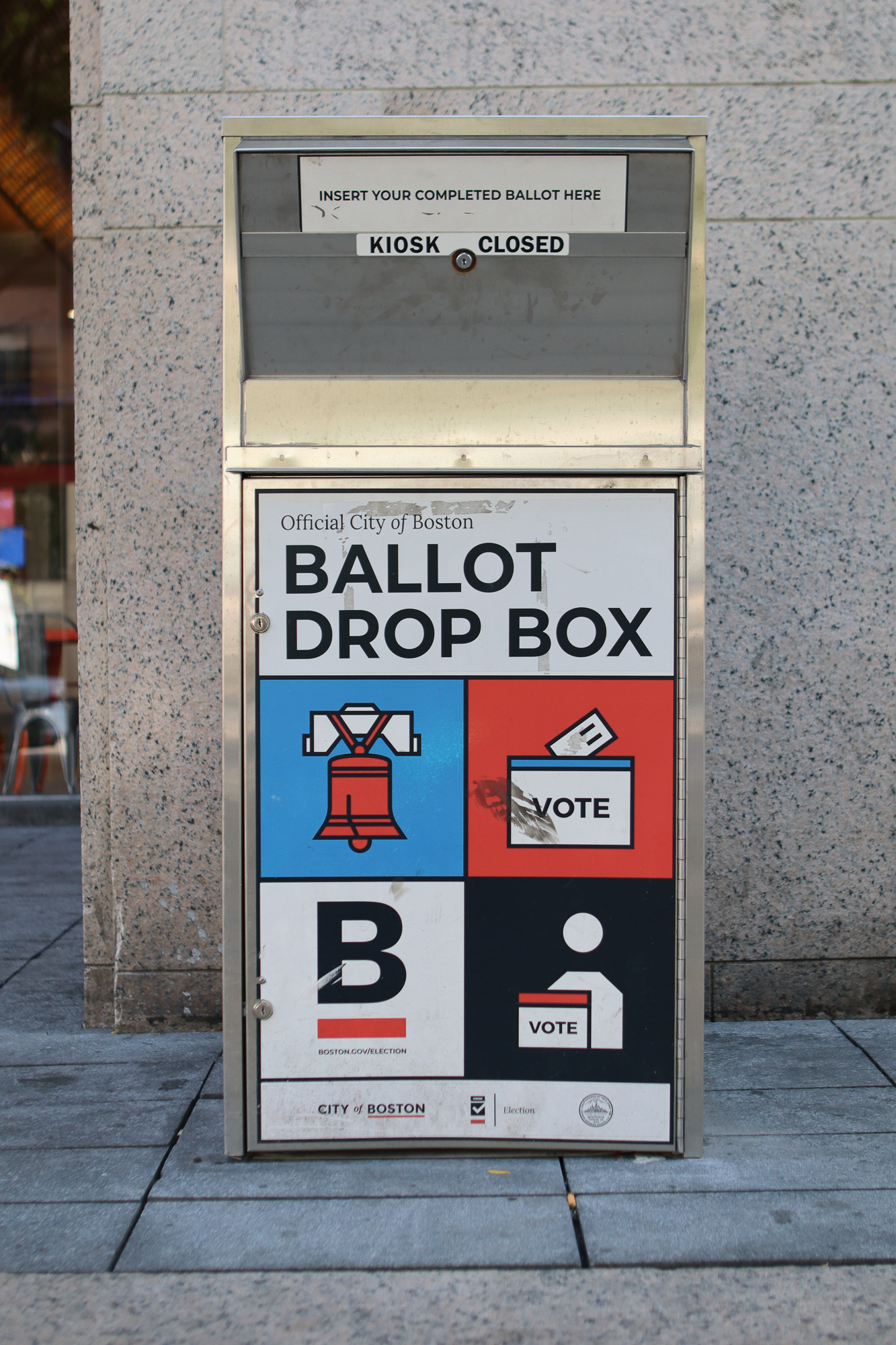Question 2, a ballot measure proposing to eliminate the Massachusetts Comprehensive Assessment System as a requirement to receive a high school diploma, has sparked debate among educators, policymakers and students.
If Question 2 passes, students would no longer need to meet specific competency levels on the MCAS to graduate, although the test would still be used as a diagnostic tool. Instead of passing the MCAS, students would be required to complete their school district’s graduation requirements, according to Ballotpedia.
Jonathan Cohn, policy director at Progressive Massachusetts, a grassroots organization, said he supports Question 2 because he believes the MCAS narrows the curriculum in schools.

“We want our students to have a well-rounded and comprehensive kind of high school experience,” Cohn said. “Reducing that experience to a single test score does students [a] disservice.”
Edward Lambert, executive director at Massachusetts Business Alliance for Education, an organization advocating for public education reform, said he opposes Question 2 because the MCAS helps students in the long-run and “protects their future.”
“It forms a strong basis that allows teachers to ensure that all students have the fundamentals,” said Lambert, who has been a mentor for at-risk youth in the SMILES mentoring program. “If quality teaching is taking place, there’s no reason to drill kids about how to take the test. They’ll have that knowledge over the course of their school careers.”
Raihan Ahmed, a recent graduate of Revere High School who currently attends Stanford University, said he now recognizes the “importance of testing.”
“Now that I’m in college and I have my midterms coming up, it feels a lot more stressful, because I’m not used to that level of stress,” Ahmed said. “The skills that I’ve learned about test-taking are definitely coming in handy right now.”
James Conway, a social studies teacher at Revere High School, said the MCAS guarantees that every student in the state has the same skills when they leave high school.
“Whether you graduate from the poorest district or the wealthiest district … you’ll have an equal shot at a career in college, because employers will know if the kids pass the MCAS,” Conway said. “[Students] are going to have certain skills, both in numeracy and literacy, that are going to make them employable.”
Secretary of Education Patrick Tutwiller wrote in a statement to The Daily Free Press that he and Gov. Maura Healey also oppose Question 2 for its potential to negatively affect disadvantaged students and school districts.
“Without a uniform graduation standard, we will have 351 different standards across the state which will exacerbate inequities and most impact students [and] schools with lower resources,” Tutwiller wrote.
However, Cohn said the MCAS already disenfranchises some demographics, including students learning English as a second language, students with disabilities, low-income students and students of color.
Massachusetts Sen. Elizabeth Warren wrote in a statement to The Daily Free Press that she supports the initiative, because the current requirement is a stressful way to assess students’ progress.
“The MCAS exam can be a helpful way to measure student growth, but one high-stakes test shouldn’t be the end all be all,” Warren wrote.
The MCAS offers students a chance to retest if they do not pass on their first attempt, and they can pursue an appeal process in order to graduate.
Lambert said that instead of getting rid of the MCAS requirement, schools should receive more pressure to help students go through the appeals process.
“Unfortunately, only 25% of those students had appeals filed on their behalf,” Lambert said. “We should require schools to file an appeal on behalf of all [students] … We could do more to help that 1% cross that bar rather than throw out an exam.”
















































































































